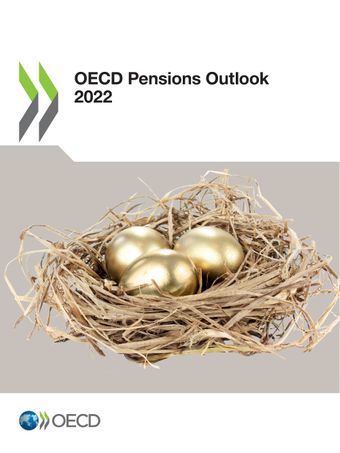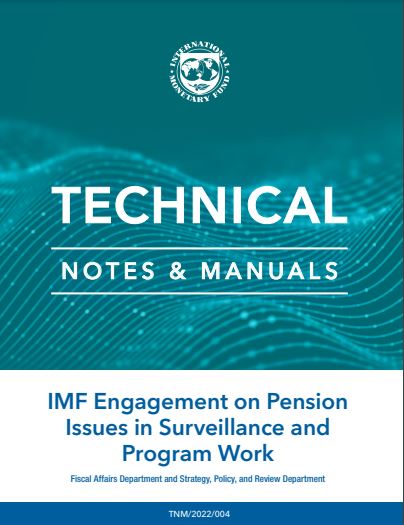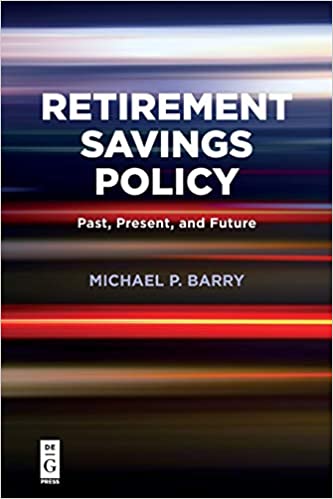Can Investors Save the Planet? – NZAMI and Fiduciary Duty
By Tom Gosling & Iain MacNeil Asset manager signatories of the Net Zero Asset Manager Initiative, part of the Glasgow Financial Alliance for Net Zero, have committed to investing in line with the Race to Zero goal of limiting global warming to 1.5oC with limited or no overshoot. Given that a recent report from United Nations Environment Programme says that there is “no credible pathway” in place to 1.5oC, we explore the implications for asset managers, as fiduciaries, of investing...










